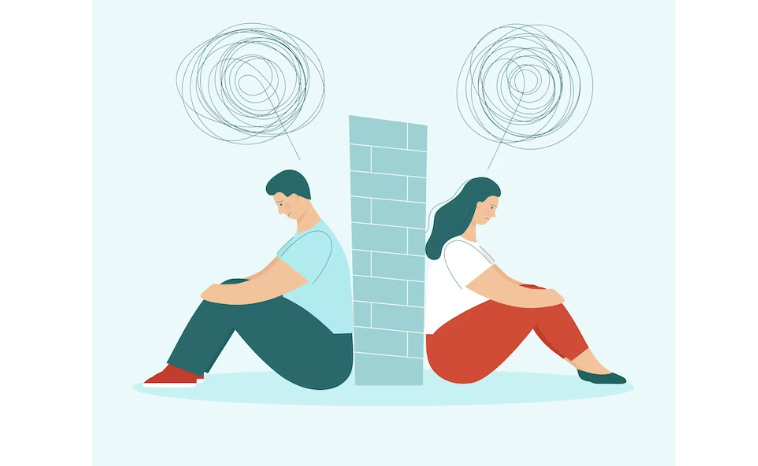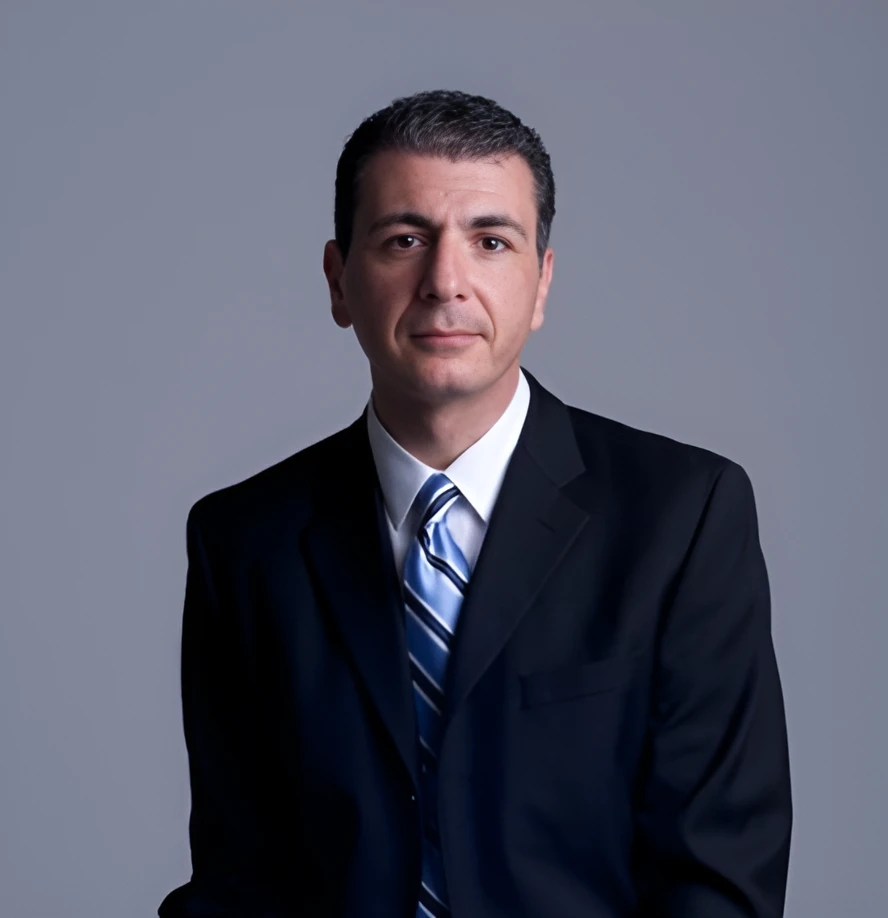Counseling in California
Counseling or counselling in California is a form of talk therapy in which you discuss your wide range of mental and other issues with a counselor or mental health professional. You can discuss your problematic thoughts, emotions and other experiences with a counselor related to:
- Mental health problems (depression, anxiety, low self-esteem, as well as addictions, etc.)
- Relationship issues (within family or friends)
- Life transitions (adjusting to new environments, coping with job changes, etc.)
- Personal growth (career, personal, professional, goals, etc.)
Is Counseling and Therapy the Same Thing in CA?
Both therapy and counseling in CA aim to improve an individual's well-being. Are they similar and one thing? No, though they overlap and are used interchangeably, they are subtly different.
Steven M. Sultanoff, a psychologist and professor at Pepperdine University in Malibu, CA, differentiates between counseling and therapy in this way:
“Counselors serve as advisers and they can give short-term advice for specific problems. While therapists are facilitators for client growth.”
| Counseling | Therapy | |
| Depth | Counseling is a short-term solution-oriented treatment | Therapy is an in-depth and long-term treatment |
| Purpose | It just tunes mental well-being | It overhauls mental and emotional health by exploring the root causes of traumatic wounds or experiences |
| Factors | Counseling works for conscious processes and problems induced by external factors | Therapy usually deals with psychological problems and addresses conscious, subconscious, and unconscious parts of the mind |
| Focus Area | It deals with a wide range of concerns (job, relationship, couples, premarital, career, stress, etc.) | It deals with mental health problems, behavioral issues, and emotional wounds |
| Specificity | It focuses on identifying and resolving specific issues or current mental/emotional problems | It focuses on a wide range of recurring mental health issues and complex problems |
Aims and Objectives of California Counseling
The following are the aims and objectives of counseling:
- Promoting people’s psychological and mental well-being
- Facilitating behavioral change in a safe, non-judgmental space
- (Relationship counseling) improving the patient's ability to maintain good relationships with other
- Improving individual's decision-making skill
- Resolving individual’s inner conflicts and life problems
- Guiding people through loss
- Empowering people to take rational actions in the event of changes
- Enhancing people’s self-awareness
- Helping people achieve self-actualization
- Developing healthy coping mechanism
Different Formats of Counseling:
Counselors, in California, offer different formats for their counseling services. You can choose any of the following formats based on your specific needs, preferences, accessibility, and comfort level with technology.
In-Person or Traditional Counseling
This is face-to-face counseling, and you have to visit the counselor's office after scheduling an appointment.
Feeling overwhelmed by stress, anxiety, trauma, or addiction? Dr. Invia A. Betjoseph, a leading California counselor and therapist with 20+ years of experience, can help you reclaim control and build a happier life.
Schedule a free consultation today and start your journey to well-being.
Telephonic Counseling
This suits best to the busy individuals who either lack time to visit the counselor's chamber or feel uncomfortable in video calls. And they access the counselor through a phone call.
Online Counseling
Since the rise of Covid-19, online counseling in California has become a trend. People from remote areas can now easily access their counselor while sitting at home. Moreover, people with disabilities or who cannot reach the counseling center can use video conferencing software such as Zoom or Skype to get counseling.
Text-Based Counseling
In this format, you get counseling by sending a text message either through an email or through messaging apps. It suits best to people who prefer written communication though it may not ideally address complex concerns.
Group Counseling
In group counseling, individuals meet face-to-face with one or more mental health clinicians to receive counseling. People with common concerns get together for shared support and guidance. One of the benefits of group counseling is that participants learn from their peers' experiences. Group counseling fosters a sense of belonging and reduces the sense of isolation while being inexpensive.
California Counseling Process: Discussing 5 Steps of Counseling
Counseling is a confidential and planned process that involves meeting a counselor to discuss (your current) problems in life. A counselor uses different techniques and tools to help clients identify sources of difficulties in their lives.
As the process continues, the person with difficulties starts overcoming the problems (emotional, psychological, mental, etc.) while learning a new skill and increasing their awareness of themselves and others.
According to Hackney and Cormier, counseling is a series of steps through which client and counselor move.
The 5 steps of the counseling process in California are as follows:
- Step #1: Relationship Building
- Step #2: Problem Assessment
- Step #3: Goal Setting
- Step #4: Counseling Intervention
- Step #5: Evaluation and Termination
Misconceptions and Realities of Counseling in California
Some people want to talk to a friend when they have emotional difficulties or stress instead of relying on a counselor, while many think that counseling is for people who have severe emotional or mental health issues. How do you see counseling? Below are some common misconceptions about counseling in California:
Feeling overwhelmed by stress, anxiety, trauma, or addiction? Dr. Invia A. Betjoseph, a leading California counselor and therapist with 20+ years of experience, can help you reclaim control and build a happier life.
Schedule a free consultation today and start your journey to well-being.
- Misconception: Therapy and counseling are similar.
- Reality: Therapy determines the root cause of complex problems. While counseling deals with current challenges.
- Misconception: Seeing a counselor is a sign of weakness.
- Reality: It's a sign of bravery and willingness to resolve conflict wisely rather than letting them grow and taking us to the point of no function.
- Misconception: Counseling is all about your past experiences.
- Reality: It usually addresses current problems and negative experiences. However, if required, a counselor may ask you to discuss past issues relevant to your current situation.
- Misconception: People with severe mental health and emotional issues should meet with a counselor
- Reality: It is untrue. You do not need a point of no return to see a counselor. You tune up your car from time to time, though it's running well. You see a physician when you get sick. Isn't it? So, if you have a mild or little problem, then why not see a counselor?
- Misconception: Counseling is painful, as you have to revisit your trauma repeatedly in the counseling sessions.
- Reality: Counseling is never a painful experience because an empathetic counselor engages clients professionally (without judging them). And yes, you may be required to visit your negative experiences only in initial sessions.

Panic Disorder or Panic Attacks:
The main sign of panic disorder is repeated panic attacks, which consist of a profound mix of mentally and bodily distress. Panic attack symptoms include the following:
- Increased heart rate, palpitations
- Quivering or trembling
- Perspiring
- Shallow Breathing
- Numbness or tingling sensation in the extremities
- Tightness or pain in the chest
- Difficulty concentrating
- Choking sensation
- Abdominal distress and/or feeling nauseous
- Chills or hot flashes
- Intense dread of losing control
- Experiencing dizziness or feeling light-headed
- Feeling disconnected
- Fear of dying

Social Anxiety Disorder (previously called social phobia):
An individual with social anxiety disorder experiences an enormous level of anxiety and uneasiness in regards to being disgraced, shunned, embarrassed, rejected or ridiculed in public gatherings. Individuals who struggle with social anxiety disorder will either avert these settings or tolerate them with immense anxiety. Typical examples include being introduced to new people, dining in public, or being intensely afraid to speak in front of large crowds. This dread or anxiety interferes with daily routines and persists at least six months.

Separation Anxiety Disorder:
People who struggle with separation anxiety disorder are extremely afraid or anxious about being apart from the individuals with whom they are attached. The person’s reaction is not fitting for his/her age, continues (at minimum, four weeks in kids and six months in adults), and presents challenges in functioning.
An individual with separation anxiety disorder might obsess about the potential loss of the people closest to him or her, may be extremely hesitant or decline to be outside of the home without these people, or may struggle with nightmares regarding the partying. The beginning of physical signs generally surfaces in childhood; however, symptoms can reach into adulthood.

Treatment of Anxiety Disorders:
In order to properly treat anxiety, the clinician needs to rule out any organic causes for the disorder. The patient will be referred to be seen by a medical doctor and/or a psychiatrist who will assess for any medical/organic causes for the anxiety. The medical doctor may prescribe medications generally called selective serotonin reuptake inhibitors (SSRI).
The medications, in conjunction to therapy, will help the patient navigate through the challenges anxiety presents. At San Jose Counseling, Inc., our therapists are trained in cognitive and behavioral therapy (CBT), which is talk therapy, as well as other modalities such as Eye Movement Desensitization and Reprocessing (EMDR) and Internal Family Systems (IFS), which are more sensory approachs to treating anxiety. Don’t let anxiety have a hold on your life. If you would like to inquire more and get help with your anxiety, then please schedule a free consultation


